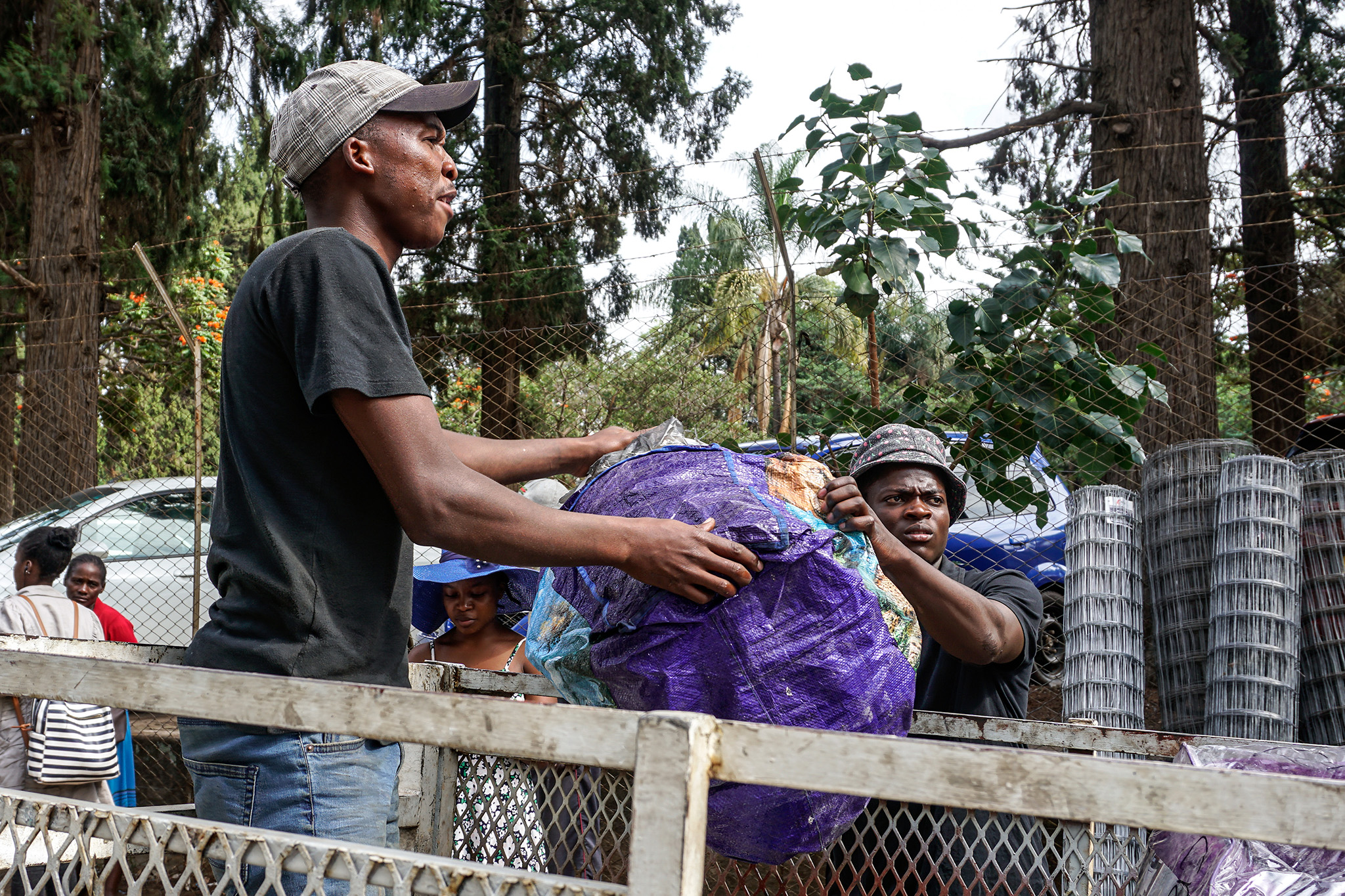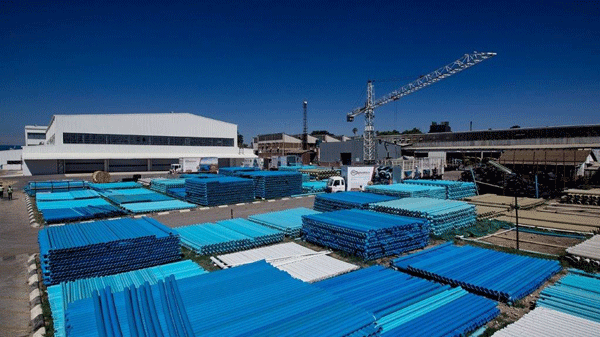Tobacco farming registers success in Matabeleland
Zimbabwe’s tobacco production is spreading, with output increasing in Matabeleland South province, where a local company has contracted farmers in the region for the second season in a row.
The Tobacco Industry and Marketing Board (TIMB) says 122 farmers in Marula, Mangwe District, are in their second successful season, highlighting a key step in the decentralisation of the crop.
Tobacco, Zimbabwe’s second-largest foreign currency earner, generated US$1,3 billion in exports last year. Primarily produced by small-scale farmers who benefited from the land reform programme, the crop has significantly transformed the economies of many rural communities.
The expansion beyond traditional growing regions, mainly Manicaland and Mashonaland provinces and aligns with national development goals for inclusive economic growth, says TIMB.
“One hundred and twenty-two small-scale farmers are currently growing 84 hectares of natural cured virginia under a contract system with Atlas Agri, one of Zimbabwe’s leading tobacco contractors,” TIMB says.
“The contractor has also established a local tobacco sales floor, which has been inspected and approved by the TIMB and will facilitate sales this season. This regional presence drastically reduces the distance farmers must travel, lowering costs and increasing access to markets.”
TIMB acting chief executive officer Emmanuel Matsvaire said the expansion of natural cured virginia tobacco farming in Marula empowers rural communities and supports sustainability goals, as the type of tobacco uses sun-drying methods, eliminating the need for firewood or coal and reducing both production costs and environmental impact.
“We are witnessing history in the making. This expansion not only empowers rural communities with income and employment but also aligns with our goals of sustainability and innovation in the tobacco value chain,” said Mr Matsvaire.
By removing the need for curing fuel, NCV tobacco offers a cost-effective and climate-smart alternative. The tobacco produced still shares the same chemical composition and smoking characteristics as flue-cured tobacco, offering buyers a viable, high-quality product.
The initiative began as a pilot during the 2023/24 season, with just 17 growers on 10 hectares, and they produced 9 000 kg of tobacco during a difficult season charecterised by ElNino conditions.
Encouraged by early success and improved rainfall this year, Atlas Agri (Private) Limited is targeting an expansion in the 2025/26 season.
While the initiative is a success, challenges remain. Many farmers still rely on hand pumps. TIMB is exploring solar-powered borehole systems to improve seedbed irrigation. Rain and frost vulnerability require farmers to manually protect crops with plastic coverings, slowing down curing.
The TIMB is partnering with Agritex and Atlas Agri to conduct field days and train extension officers and farmers in this area to raise awareness and build capacity for tobacco best practices.
“With proper infrastructure, training, and support, Matabeleland South has the potential to become a force to be reckoned with in Zimbabwe’s tobacco industry,” said Mr Matsvaire.
“This decentralised and sustainable approach is a cornerstone of the Tobacco Value Chain Transformation Plan, which aims to produce 300 million kilograms of tobacco annually by 2025.
“This expansion ensures increased agricultural productivity and makes tobacco farming more viable for rural communities in Mangwe district.”
The TIMB will continue to encourage contractors and stakeholders to explore and invest in new regions for tobacco production, in line with efforts to promote national economic balance and achieve sustainable growth in the industry.
By tapping into under-utilised land and human resources in Matabeleland South, Zimbabwe is laying the groundwork for long-term growth, innovation, and inclusive prosperity.
More farmers are encouraged to join the venture, and we are rallying support from all stakeholders to expand tobacco production in this region.
-herald










